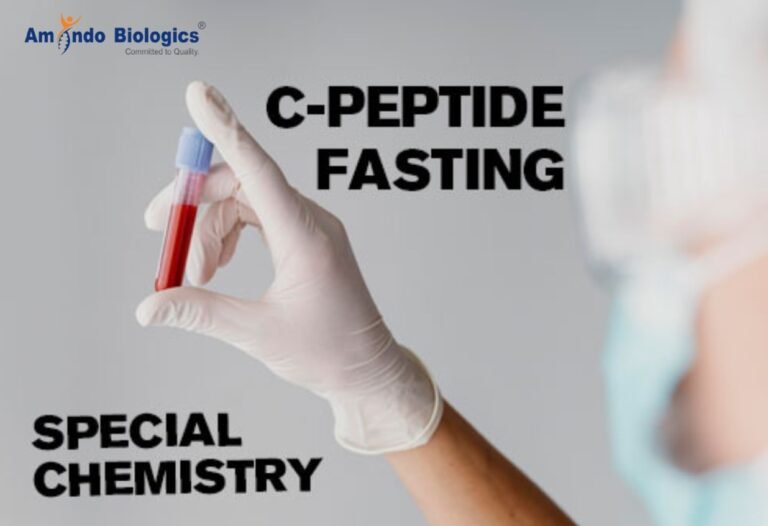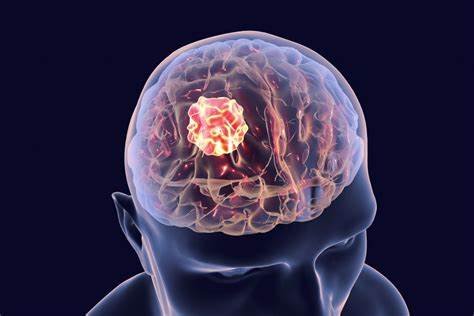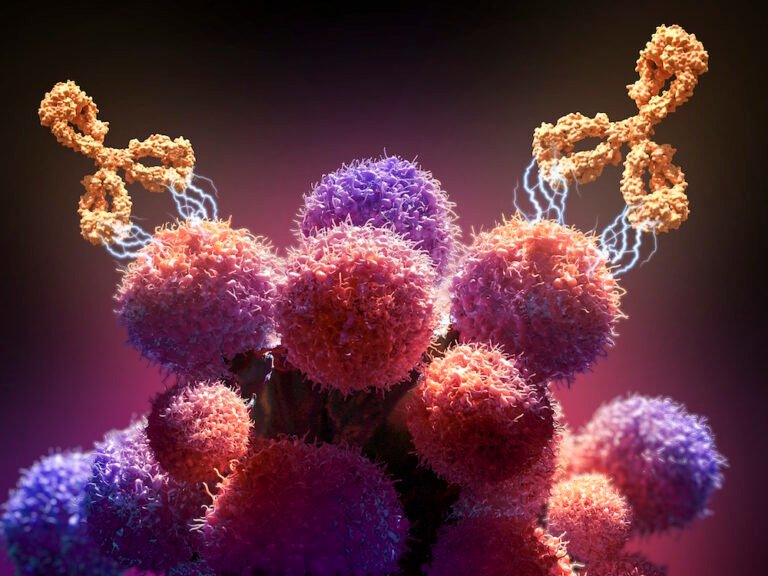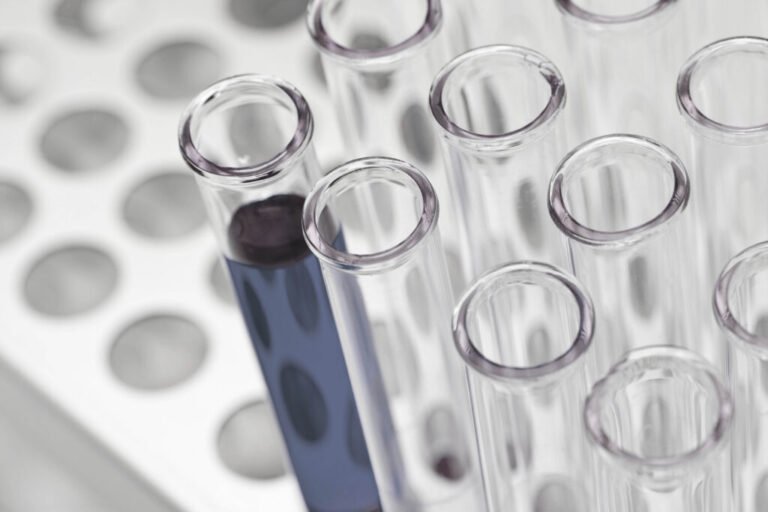The Importance of Hormone Testing in IVF: A Key to Successful Fertility Treatment
Infertility is a deeply personal and often challenging journey for many couples. In vitro fertilization (IVF) has revolutionized reproductive medicine, offering hope to those struggling to conceive. Among the many crucial factors that contribute to a successful IVF cycle, hormone testing stands out as a fundamental component. By assessing hormone levels, fertility specialists can tailor treatments to improve success rates and optimize outcomes.
Understanding the Role of Hormones in IVF
Hormones play a critical role in regulating the reproductive system and ensuring a healthy environment for conception. During an IVF cycle, hormone levels must be carefully monitored to support ovarian stimulation, egg maturation, implantation, and early pregnancy. Some of the key hormones evaluated include:
- Follicle-Stimulating Hormone (FSH) – This hormone helps stimulate the growth of ovarian follicles. High FSH levels may indicate reduced ovarian reserve, affecting the chances of a successful IVF cycle.
- Luteinizing Hormone (LH) – LH plays a role in triggering ovulation. Abnormal levels can interfere with egg maturation and ovulation timing, impacting the effectiveness of IVF treatment.
- Estrogen (Estradiol – E2) – Estrogen is essential for the growth and development of the uterine lining, which is necessary for embryo implantation.
- Anti-Müllerian Hormone (AMH) – AMH is a key indicator of ovarian reserve and helps predict how well a woman may respond to ovarian stimulation.
- Progesterone – This hormone prepares the uterine lining for embryo implantation. High progesterone levels at the wrong time can reduce implantation success.
- Thyroid Hormones (TSH, T3, T4) – Thyroid dysfunction can affect menstrual cycles, ovulation, and pregnancy outcomes, making it crucial to ensure thyroid levels are optimal.
- Prolactin – Elevated prolactin levels can interfere with ovulation and may need to be regulated before starting IVF.
Why Hormone Testing is Essential in IVF
- Personalized Treatment Plans Hormone testing allows fertility specialists to customize IVF protocols based on individual hormonal profiles. This ensures that ovarian stimulation medications are administered at the right dosage to maximize egg retrieval success.
- Assessing Ovarian Reserve By measuring FSH and AMH levels, doctors can determine ovarian reserve and predict how the ovaries will respond to stimulation. This helps in selecting the best treatment strategy, including the number of eggs to retrieve.
- Optimizing Implantation Monitoring progesterone and estrogen levels ensures that the uterine lining is receptive to embryo implantation, increasing the chances of a successful pregnancy.
- Detecting Hormonal Imbalances Imbalances in thyroid hormones, prolactin, or LH levels can impact IVF success. Identifying and addressing these imbalances before starting treatment can improve the likelihood of conception.
- Preventing Cycle Cancellation IVF cycles can sometimes be canceled due to poor ovarian response or premature ovulation. Regular hormone testing helps detect potential issues early, allowing for adjustments to be made to prevent cycle cancellation.
Conclusion
Hormone testing is a cornerstone of successful IVF treatment, providing essential insights into fertility potential and guiding personalized treatment approaches. By closely monitoring hormone levels, fertility specialists can enhance the chances of a successful pregnancy while minimizing risks and complications. For couples undergoing IVF, understanding the significance of hormone testing can empower them to make informed decisions and improve their journey toward parenthood.







